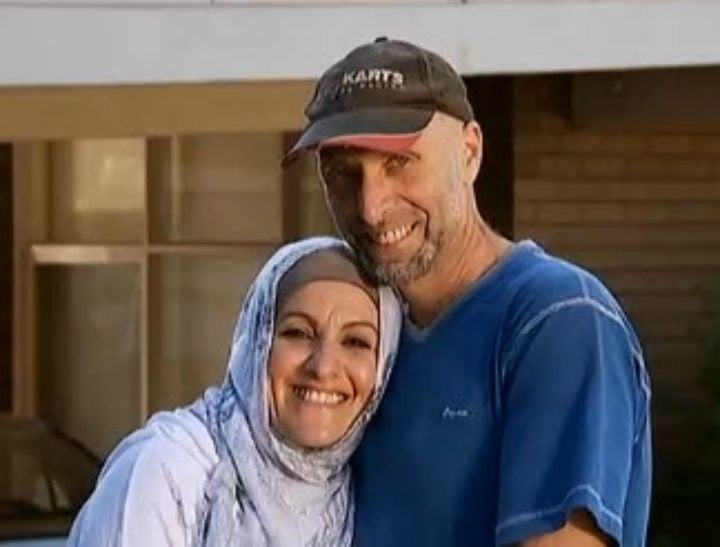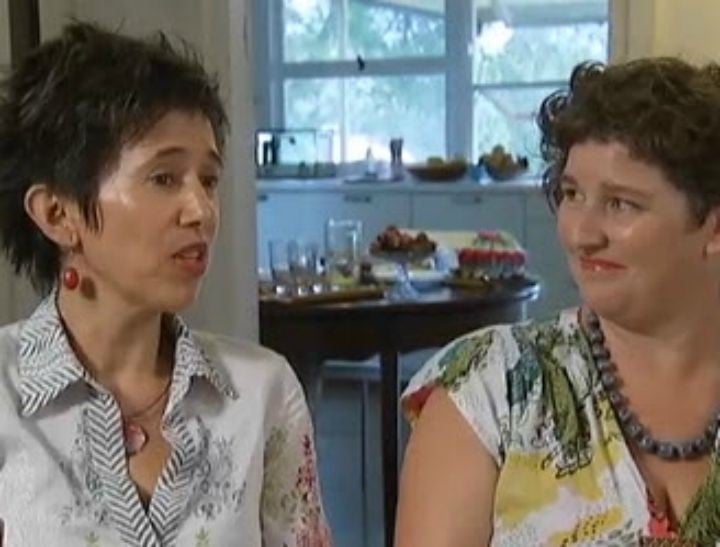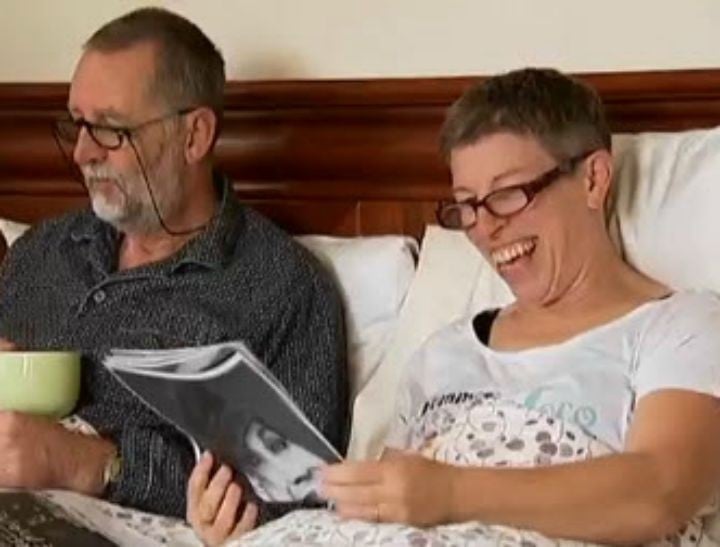
“They gave each other room to be themselves – good, bad or indifferent on occasions – and room to grow.”
Two out of three marriages (and partnerships) still last until death does them part.
What is good about this is that these relationships survive because the people in them freely choose to stay. Contrary to much of the tut-tutting we hear about the woeful state of Australian marriages today, I think the (relative) ease with which people can escape a bad marriage has only strengthened our society. There is nothing good about compulsory partnerships; nothing worth celebrating about two people miserably yoked together because of legal impediments (as was true until the 1970s and the introduction of no-fault divorce), social stigma or financial dependency.
I don’t know if domestic violence has become worse recently or whether we have simply decided to pay long overdue attention to the abuse some women suffer at home. But if it has become worse it may be because women are now much more able to escape destructive relationships. We know that women are most at risk of death when they leave their violent partners. Almost two women a week are currently dying in the hands of men who claim to love them. That’s perhaps why it is really important to know what a good relationship looks like.




Top Comments
Do what she says... Simple.
Never lose sight of one another when children come along